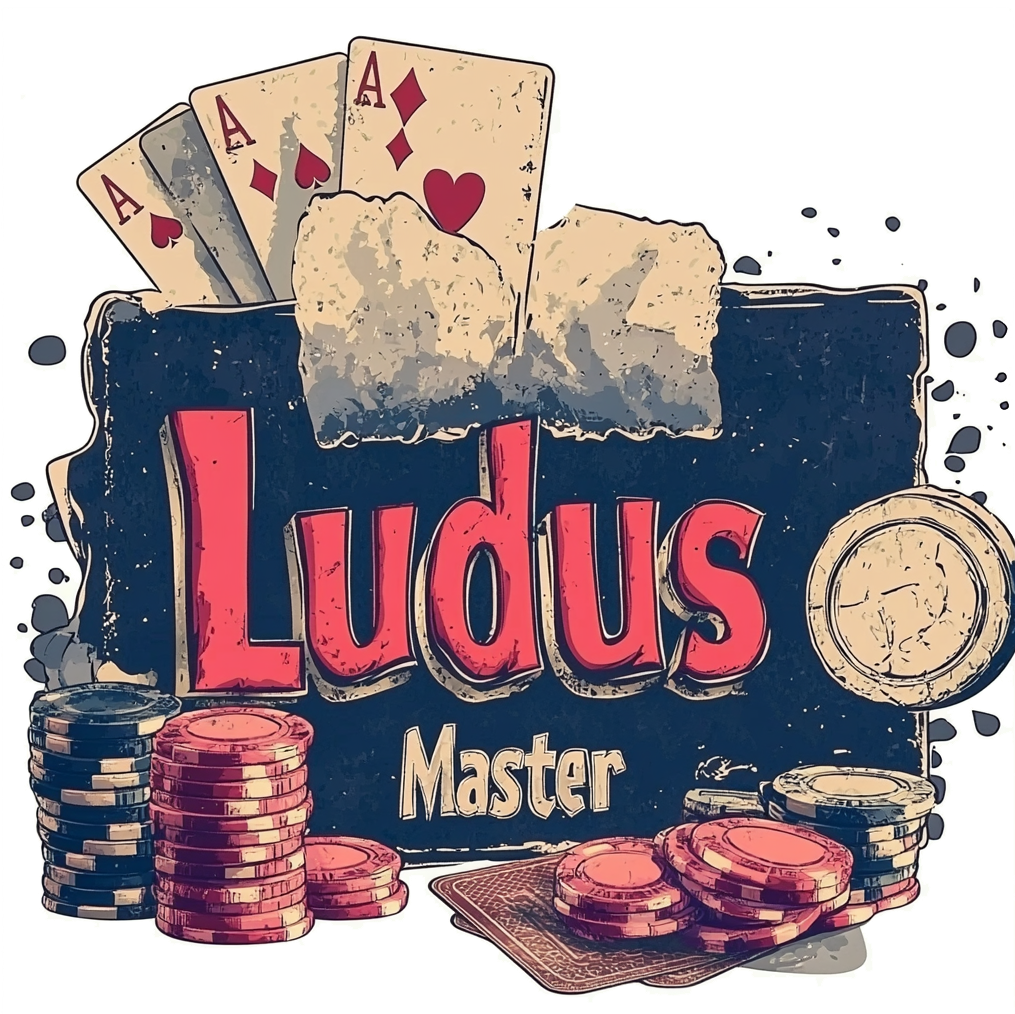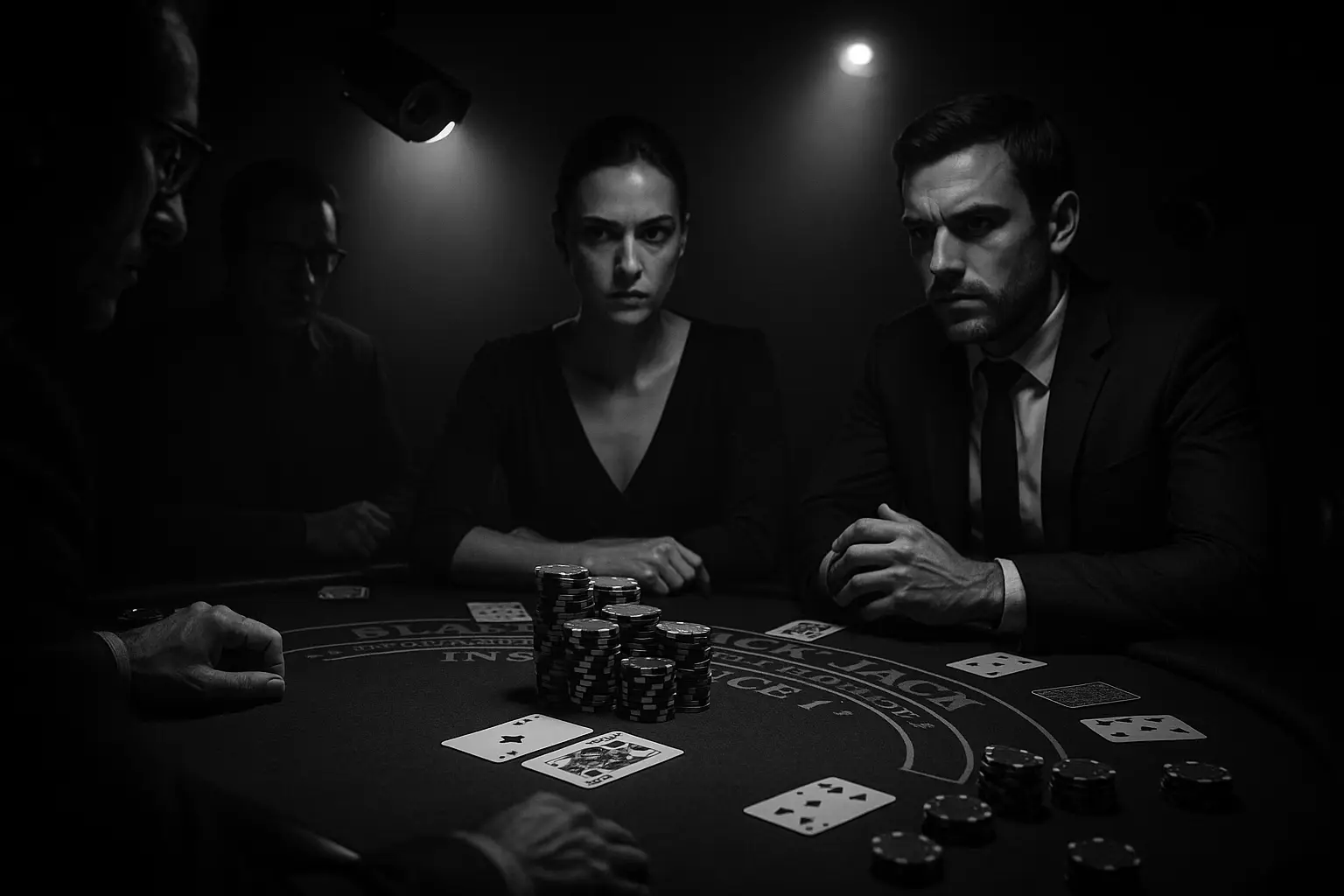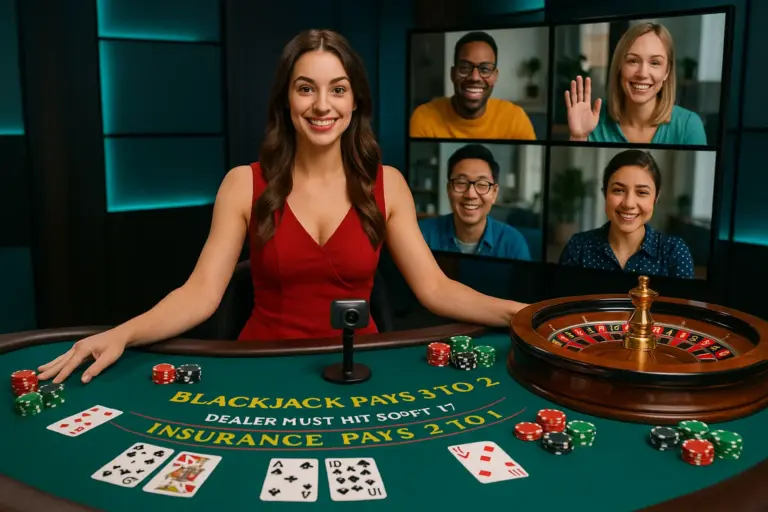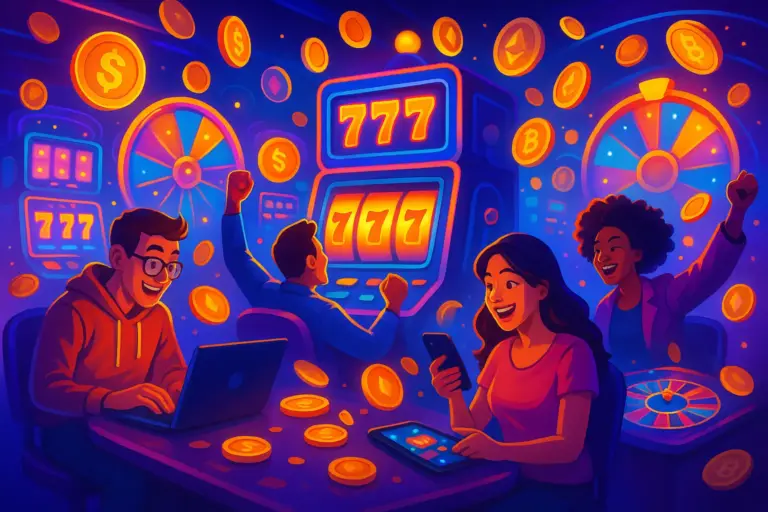Every gambler dreams of that perfect edge—the small trick, lucky break, or flash of genius that lets them beat the house. But wait! Before you order your custom “Casino Crusher” jacket, you need to know where skillful play ends and rule-bending shenanigans begin. Because sometimes, what starts as clever advantage play can steer you straight into felony territory. Let’s walk that razor’s edge together, exploring the vibrant world where smart strategy rubs shoulders with serious casino law.
Contents
Card Counting: Legal, Legendary, and Loaded With Drama
Card counting sits on the Mount Rushmore of casino lore. Hollywood built blockbusters like “21” around it. Your uncle claims he once won a bundle using it—right before being “politely escorted out.” So, what’s the scoop?
Fundamentally, card counting is all about using your brain. You track which cards have already hit the table, then adjust your bets as the deck gets stacked in your favor. No gadgets, no cheating. Just math, memory, and a healthy dose of nerve. In the United States, this strategy is not illegal. Yup, you read that right. There’s no law stopping you from mentally tracking those cards—so long as you leave your phone in your pocket and don’t bring along a rogue computer. In fact, the Nevada Supreme Court even confirmed card counting is fair game—as long as you don’t sneak in any extra tech.
But here’s the twist: Casinos are private properties. They get to decide who plays at their tables. If the pit boss thinks you’re tracking aces and tens, he can tell you to take a hike. If you ignore their request and try to sneak back in, prepare for a trespassing charge. That’s no joke—a misdemeanor in Nevada can bring both fines and potential jail time. Not exactly the jackpot experience you hoped for.
So, card counters, use your brains, but don’t push your luck with security. The line? Mental skill: fine. Electronic gadgets or refusing ejection? Not so fine.
Hole-Carding: Sneaky or Savvy?
Let’s say you catch a glimpse of the dealer’s hole card—maybe they’re sloppy, maybe you have eagle eyes, or maybe you just got lucky. What now? Hole-carding is watching for those rare moments when the dealer accidentally flashes their face-down card.
In many circles, this is the stuff of casino legends. Forums and Reddit threads are crawling with stories of folks making a fortune from careless dealers. But, where does the law stand on this?
Well, if you simply use your keen eyesight and take advantage of a dealer’s mistake—without manipulating cards or using mirrors or cameras—you’re generally in the clear. Think of it like noticing your poker opponent’s “tell.” You’re not altering the game; you’re just staying alert.
But remember, once you cross the line and start propping up your phone for covert photos, using reflective surfaces, or signaling to a partner, the law has no sympathy. Suddenly, you’re not just lucky—you’re officially cheating. Casinos know all the tricks too, and they train dealers to minimize these slip-ups. They also won’t hesitate to ban anyone they suspect of exploiting hole-card info.
A helpful summary:
- Passive observation? Legal.
- Devices, cheating aids, or collusion? Illegal.
When Tech Crosses the Line: Computer Prediction and Devices
Ever dream of bringing a smartwatch loaded with secret odds-calculating software to the blackjack table? Well, dream on, because this is where the law draws a bright red line.
Using any device—let’s spell that out—phones, apps, computers, even an old-school calculator—to boost your gambling odds is straight-up illegal in Nevada and most major gaming territories. The law isn’t subtle either. If you get caught using a gadget to sway the game, you’re staring down serious criminal charges, steep fines, and maybe an orange jumpsuit fitting.
Casinos have eagle-eyed surveillance crews watching everyone like, well, hawks. So don’t even think about smuggling in tech for a high-stakes assist. If paranoia isn’t enough to steer you clear, just look up the laws. You’ll find plenty of real nightmares from players who thought they were smarter than the system.
Real-World Drama: Legends, Lawsuits, and Lessons Learned
If you want to see how quickly things can go sideways, let’s zoom into some true stories.
- Ken Uston vs. The Casinos:
Ken Uston was a blackjack prodigy. He counted cards with so much skill that casinos banned him from Atlantic City. So, he sued. The New Jersey Supreme Court’s verdict? Casinos couldn’t kick out players who were just good at the game—unless regulators said otherwise. But in Las Vegas and most other states, you’ll still get the boot if you’re too sharp at the table. en.wikipedia.org
- Phil Ivey and the Edge Sorting Epic:
Phil Ivey earned his poker stripes, but his baccarat wins got him in legal hot water. Using edge sorting—a technique to spot minor differences on the backs of playing cards—he and a partner scooped millions from top casinos. They claimed it was skill. The courts, both in the UK and US, dubbed it cheating and told the casinos to keep the cash. So, even a “clever” method can be ruled illegal if the edge comes from exploiting printing defects rather than playing by the rules. en.wikipedia.org
Advantage Play: As Seen by the Law
Let’s run through some famous play styles, ranking them by legal risk:
- Legal, But Casino Frowned-Upon:
– Card counting (without devices)
– Keeping sharp eyes on careless dealers (hole-carding, if you don’t help the error)
- Gray Area—Proceed With Caution:
– Coordinated team play (such as “Big Player” blackjack teams—can get you banned, but usually not arrested)
– Using “tells” in poker
- Flat Out Illegal:
– Using computers or devices to predict outcomes or count cards
– Collusion with casino staff
– Marking cards, introducing gadgets, or using hidden earpieces
– Tampering with game equipment
A few things hold true no matter what:
- Casinos can refuse service to anyone.
- If you’re asked to leave, go promptly or risk trespassing charges.
- The line between smart and smug can lead from a jackpot to the back of a police car.
So, Is It Worth Walking This Edge?
For all the glitz and drama, advantage play boils down to one thing: Know the law, know the house rules, and understand that “clever” play might not go down well everywhere. Using your wits, memory, and sharp eyes? Go for it! But when you start eyeing up the latest spy gadget or get tempted to push that legal envelope, it’s probably time to cash out and grab a cocktail at the bar.
Because when skill crosses over to subterfuge, the casino always has the bigger stack—and the better lawyers.




